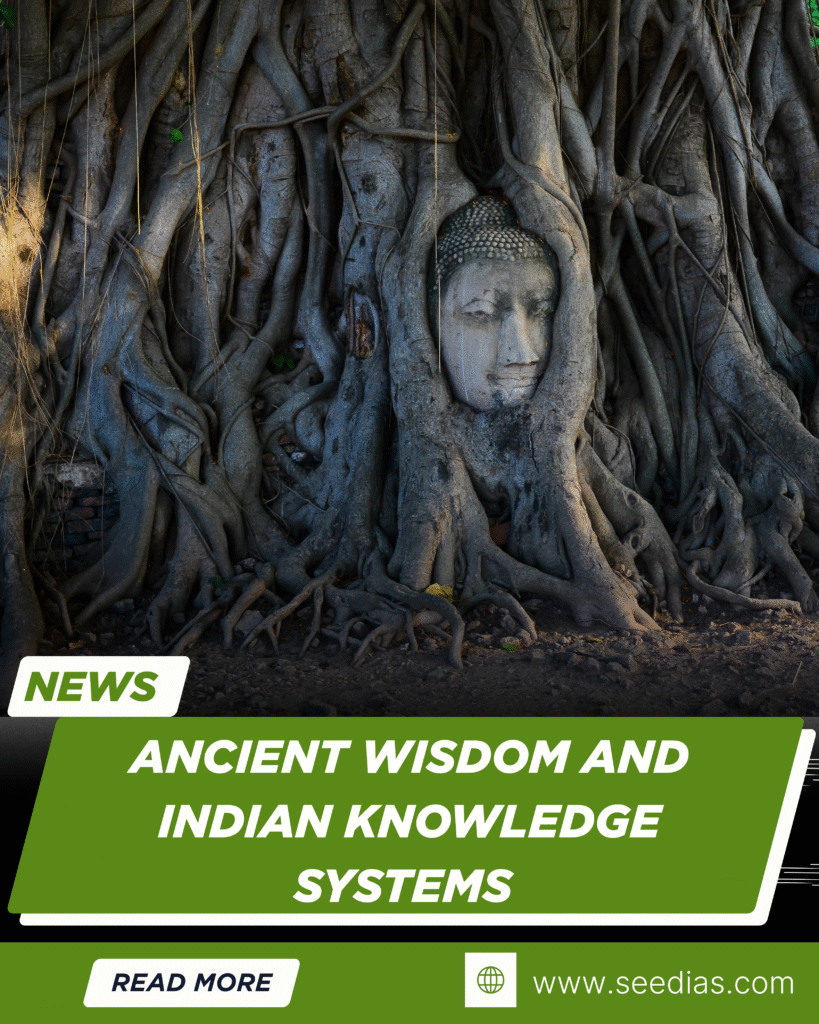Why in News
In the K. Umadevi v. Government of Tamil Nadu case (2022), the Supreme Court upheld a woman’s right to receive maternity benefits for her third child, declaring such entitlements a constitutional right under Article 21.
About the Case
| Aspect | Details |
|---|---|
| Judgment | The SC granted maternity benefits to a woman for her third child, clarifying that the Maternity Benefit (Amendment) Act, 2017 does not bar benefits—it only regulates the duration. |
| Key Observations | – Right to health, dignity, privacy, and non-discrimination are part of Right to Life (Article 21). – Reproductive rights are part of international human rights law. – Cited Suchita Srivastava v. Chandigarh Administration (2009) for protecting reproductive choice under Article 21. |
Maternity Benefit (Amendment) Act, 2017
| Feature | Provision |
|---|---|
| Origin | Amended the Maternity Benefit Act, 1961 |
| Scope | Applicable to establishments (public/private) with 10+ employees |
| Coverage | Includes women under the Employees’ State Insurance Act, 1948 |
| Leave Duration | – Up to 2 children: 26 weeks – More than 2 children: 12 weeks |
| Clarification | The Act does not prohibit benefits for 3rd child; only the duration is reduced |
Prelims MCQ
Which of the following statements is/are correct regarding maternity benefits in India?
- The Maternity Benefit (Amendment) Act, 2017 prohibits granting maternity leave for a woman having more than two children.
- Reproductive rights are recognized under Article 21 of the Indian Constitution.
- The Suchita Srivastava case reaffirmed reproductive autonomy as a part of the Right to Life.
Select the correct answer:
a) 1 and 2 only
b) 2 and 3 only
c) 1 and 3 only
d) 1, 2 and 3
✅ Answer: b) 2 and 3 only
















